Blog
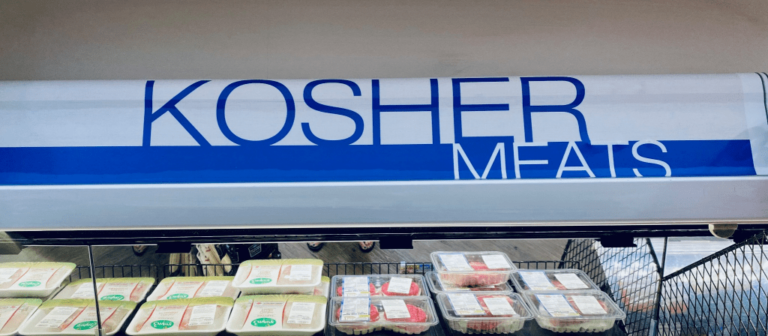
Jewish Kosher Consumers Are Doubly Deceived
Most kosher-certified animal products—and generally all of the ones found in grocery stores— come from the same factory farms that raise the vast majority of non-kosher animals for food.
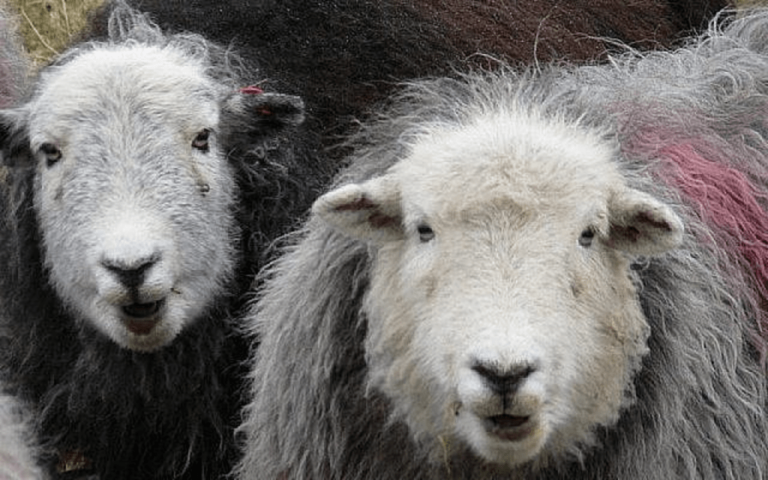
Food and food systems are Ground Zero for the grieving of Tisha B’Av
As we enter the fast of Tisha B’Av, the Jewish Initiative for Animals invites us all to follow the lead of the tradition: focus on particular grief and destruction. Practice radical empathy to understand how that particular grief is located in a web of oppressions.
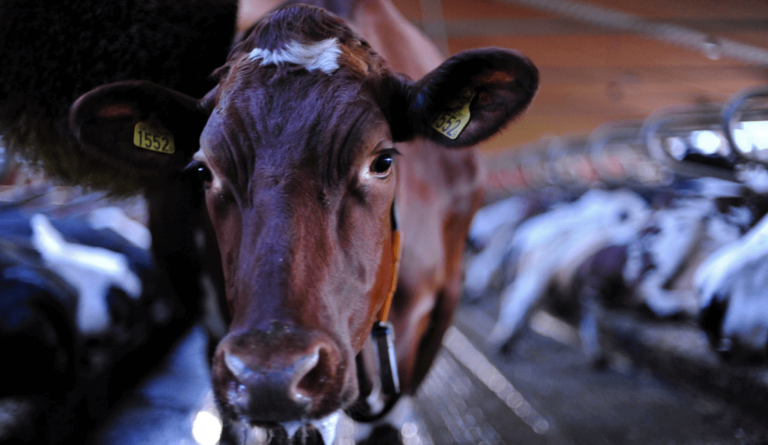
Religious Slaughter Bans Don’t Help Animals — They Target Jews and Muslims
Bans do more to restrict religious practices than to improve conditions for farmed animals—like in the US, most meat, including kosher, comes from animals that spend their entire lives on factory farms.

Redefining Jewish Continuity in the Age of Climate Breakdown
In this time of climate crisis, our institutions face — and often avoid — a question that Moses and our rabbis might have never seen coming: How can our identities and our religious teachings help us live within the ecological limits of a struggling planet?
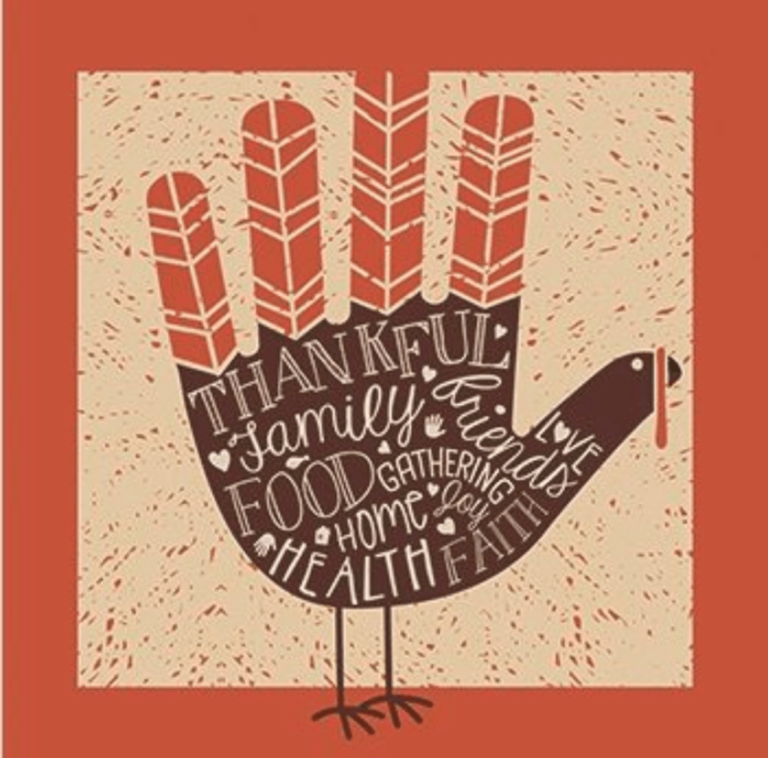
Wrestling with Food Traditions: A Thanksgiving D’rash
Jewish and partaking in a Thanksgiving meal this year? It’s time to wrestle with the impact of participating in the most food-centric American holiday.
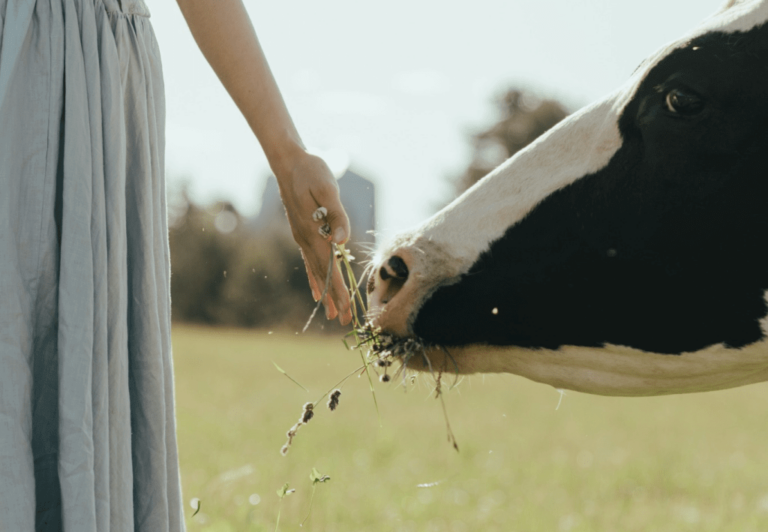
Repairing Our Relationship with Animals Is an Act of Teshuvah
Certain patterns need breaking. Certain problems require teshuvah — a personal and collective accounting of our actions that leads to growth and balance in the world — not just an aspiration to restore the status quo. Our first port of call if we’re serious about that deep, transformative work this year is our food system, and specifically: our relationship with animals.

Why Plant-Based Products are Going Kosher—and Where to Find Them
Serving all or primarily kosher plant-based meals allows institutions to adhere to their kashrut policy, and to articulate Jewish values-based foundations of their practice…And planning events this way by default is not only inclusive of community members with diverse dietary needs and preferences—it helps establish a more sustainable way of eating as the new norm.
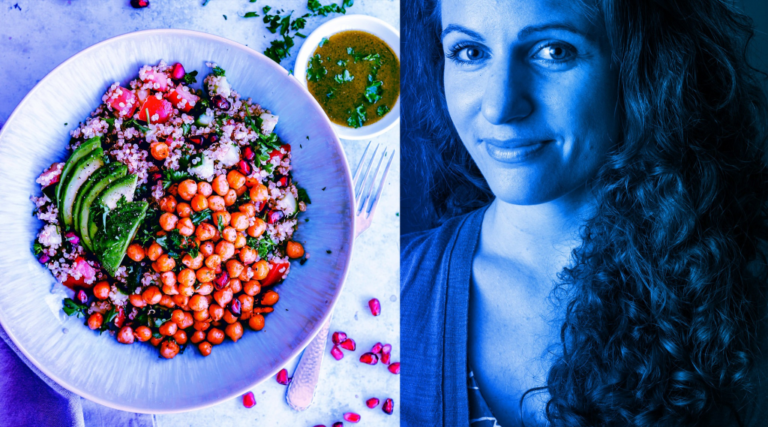
Our post-pandemic Shabbat meals should include far less meat
Tackling the problem of industrial animal agriculture is a crucial form of the preventive medicine that we are commanded to practice. We must do our part to remove this very real peril, and the time to begin is now, when the whole world is experiencing the potential consequences.

A Jewish Day School’s Journey to Vegetarianism
Is it possible for day schools to cut out meat? Gesher Day School in Fairfax, VA thinks so. Gesher transitioned from meat heavy lunches to a vegetarian lunch program in 2018, and is recognized by Jewish Leadership Circle (JLC) for meeting the goals of the Plant-Forward Track.
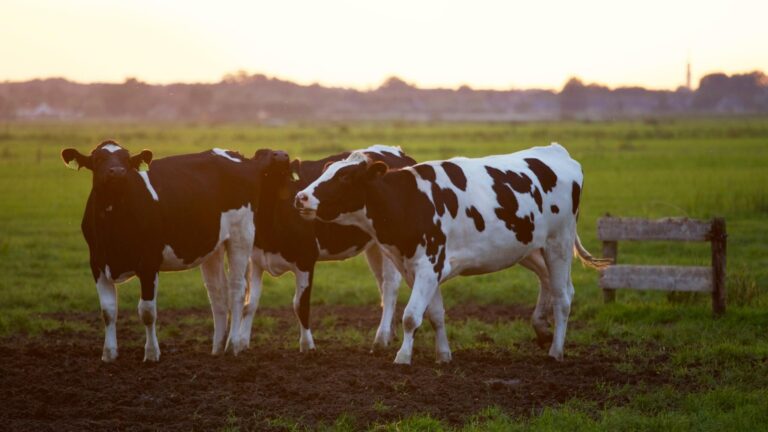
Regenerative Grazing: A Key Part of Less and Better Kosher Meat
Is cattle production the issue, or is factory farming? There is a growing movement to support regenerative grazing—a traditional form of raising cattle and managing land that has fallen out of vogue in favor of raising cattle on grain in feedlots.
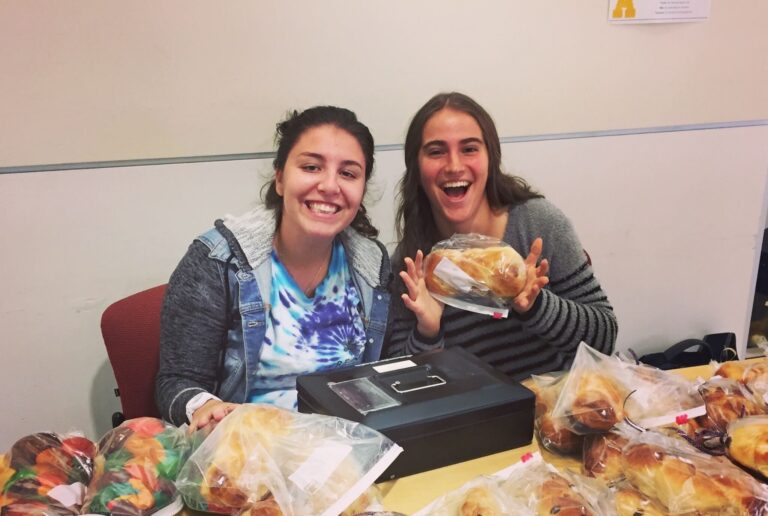
Allegheny Hillel Goes “Gator Green” with an Ethical Food Policy
What does taking steps towards serving better food at Hillel look like? Which changes are possible? Will students be on board? Will food be more expensive? The following is an interview with Dr. Adrienne Krone, Assistant Professor of Religious Studies and Director of Jewish Life at Allegheny College, who offers her experience providing values-based food choices at Allegheny’s Hillel in rural Pennsylvania.
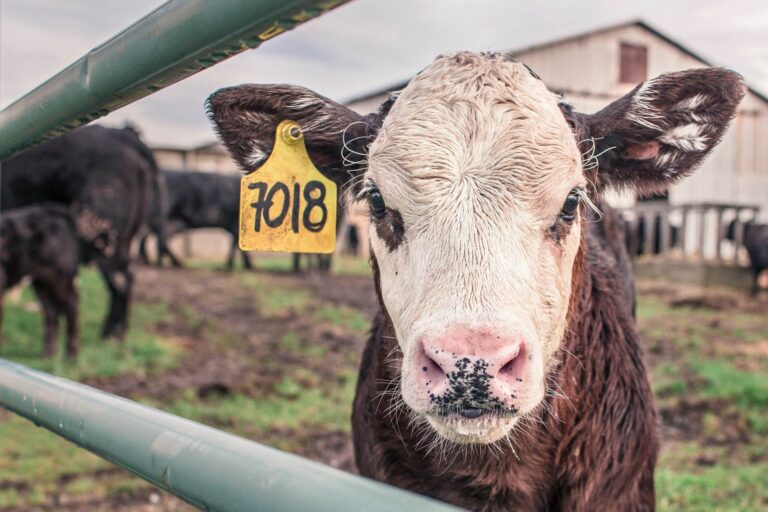
Animal Welfare in Kosher Slaughter: A Historical Overview and Recent Victories
In July 2018, the Orthodox Union (OU) announced that they will no longer certify as kosher any cattle slaughtered using the shackle and hoist method, which has been widely condemned as cruel.1 This victory is the result of years of hard work from the animal protection movement.
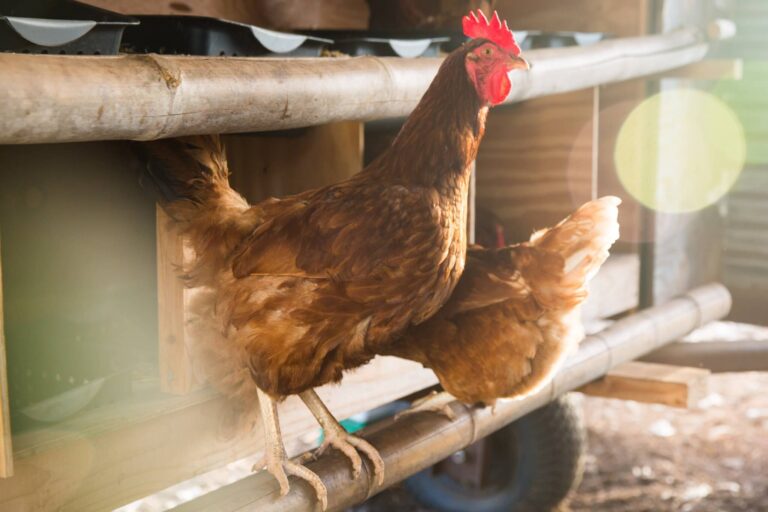
Coastal Roots Farm Promotes Jewish Values, Starting with its Chickens
For Coastal Roots, the Jewish value of tzaar baalei chayim, or the prevention of unnecessary suffering to animals, is a fundamental concept to executing their mission of cultivating healthy, connected Jewish communities. By integrating sustainable agriculture, food justice, and ancient Jewish wisdom, the farm staff draws upon Jewish agricultural tradition to inform its growing and production practices.
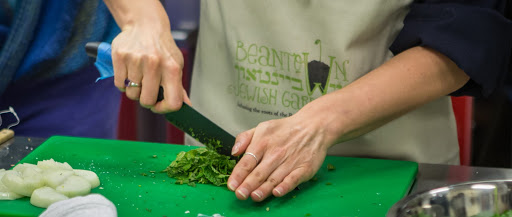
From Building Community to Changing Institutions: A New Partnership with Beantown Jewish Gardens
Starting in fall 2018, several Jewish institutions will develop food statements of intention (or policies) rooted in Jewish values including tzaar baalei chayim (consideration for animal welfare). Led by Beantown Jewish Gardens, the cohort program will provide members with tools to understand their current food purchasing, guidance on how to make meaningful improvements, a forum for discussing their processes and challenges, and a peer learning framework for ongoing support.
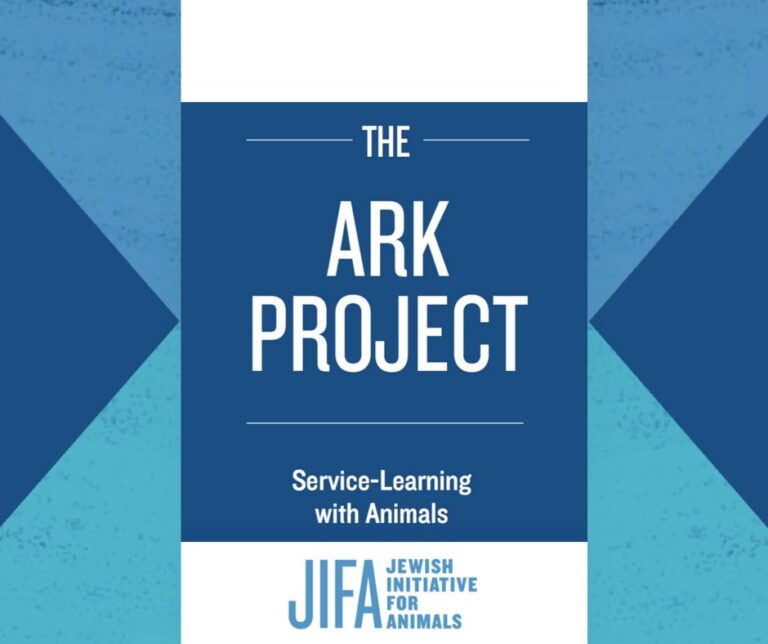
Raising a New Generation of Jewish Animal Advocates
If you’re a Jewish parent, educator, or clergy person who’s shepherded more than one 11 or 12 year old through the bar/bat mitzvah preparation process, you’ve likely heard this answer when asking them what they’d like to focus on for their community service or mitzvah project: Animals.
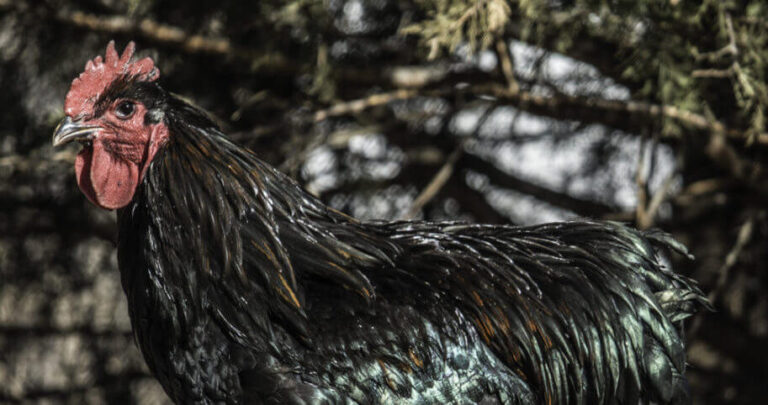
The Return of Heritage Kosher Chicken
While the gold standard in higher welfare—heritage poultry—is available to the non-kosher consumer, kosher heritage poultry has been unavailable for over 50 years. After months of hard work and collaboration JIFA is proud to be responsible for bringing kosher heritage chicken back to consumers in all lower 48 states!